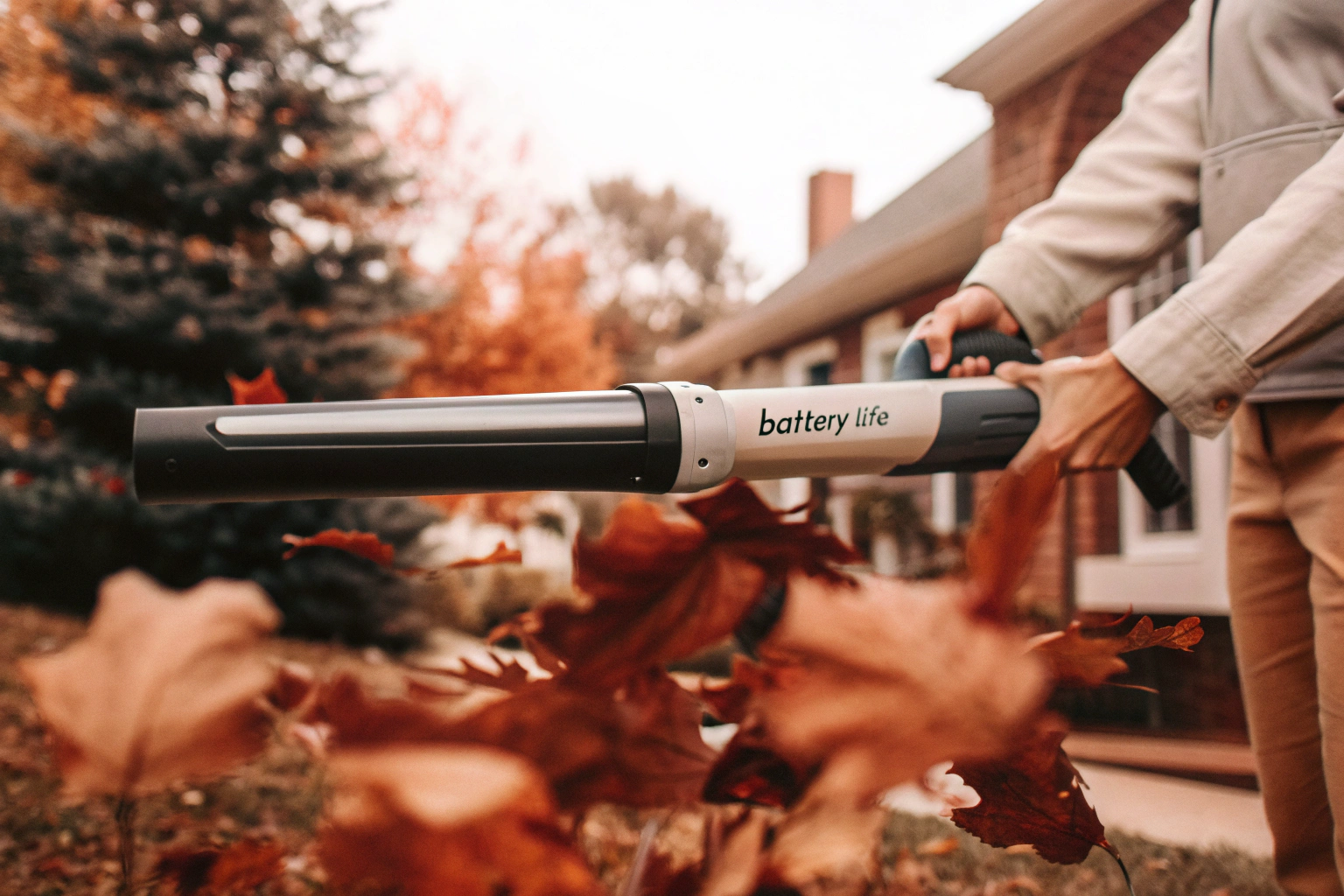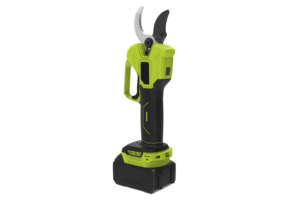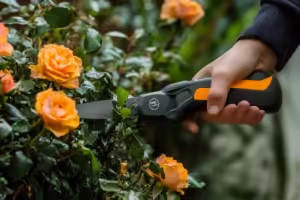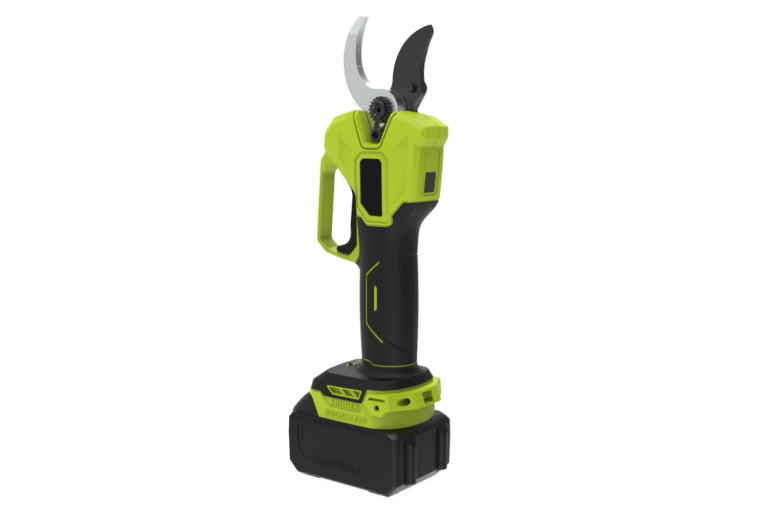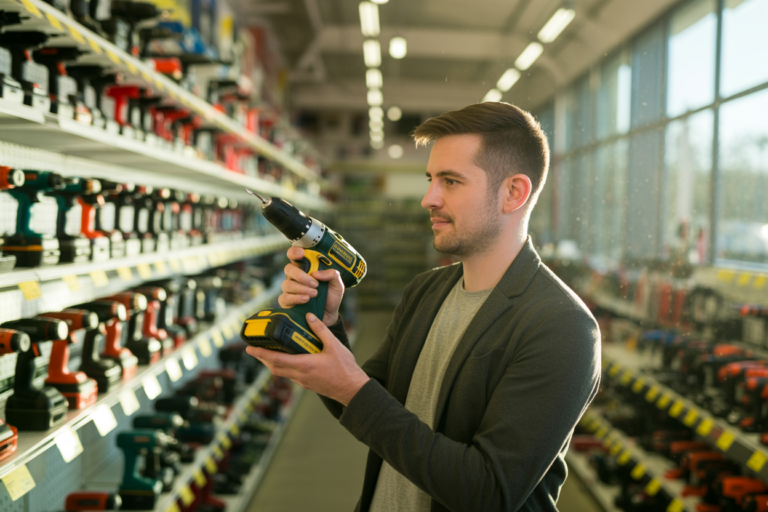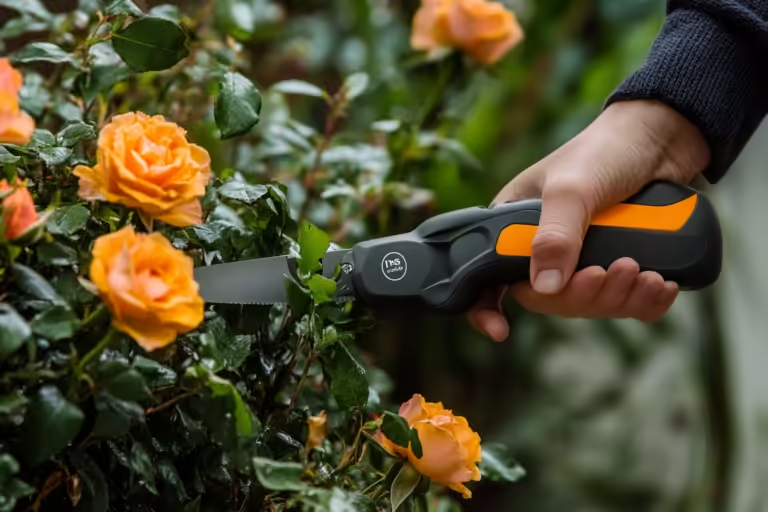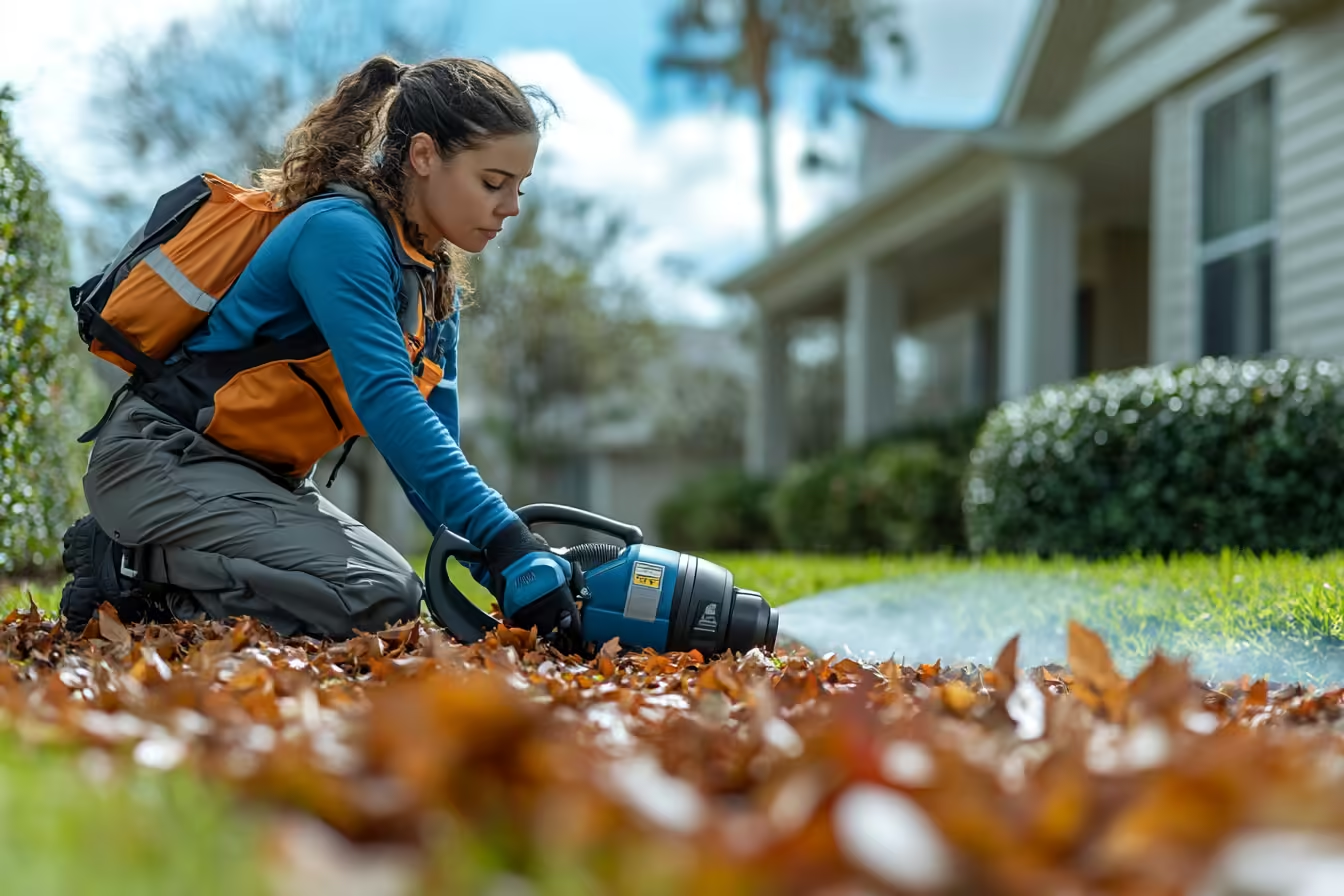
Cordless blowers are becoming increasingly popular among homeowners and professionals. They offer convenience, mobility, and reduced noise compared to gas-powered models. But how long do they last, and are they powerful enough for heavy-duty work?
A cordless blower typically lasts between 15 minutes to over an hour per charge, depending on the battery capacity and power setting. High-capacity batteries (e.g., 40V or 80V) provide longer runtimes.
Let’s explore key performance factors, market trends, and what to look for in a high-quality cordless blower.
How Long Does a Cordless Blower Last?
Battery life is a crucial factor when choosing a cordless blower.
Most cordless blowers last between 15 minutes to 60 minutes per charge, depending on battery voltage, amp-hour rating, and usage intensity.
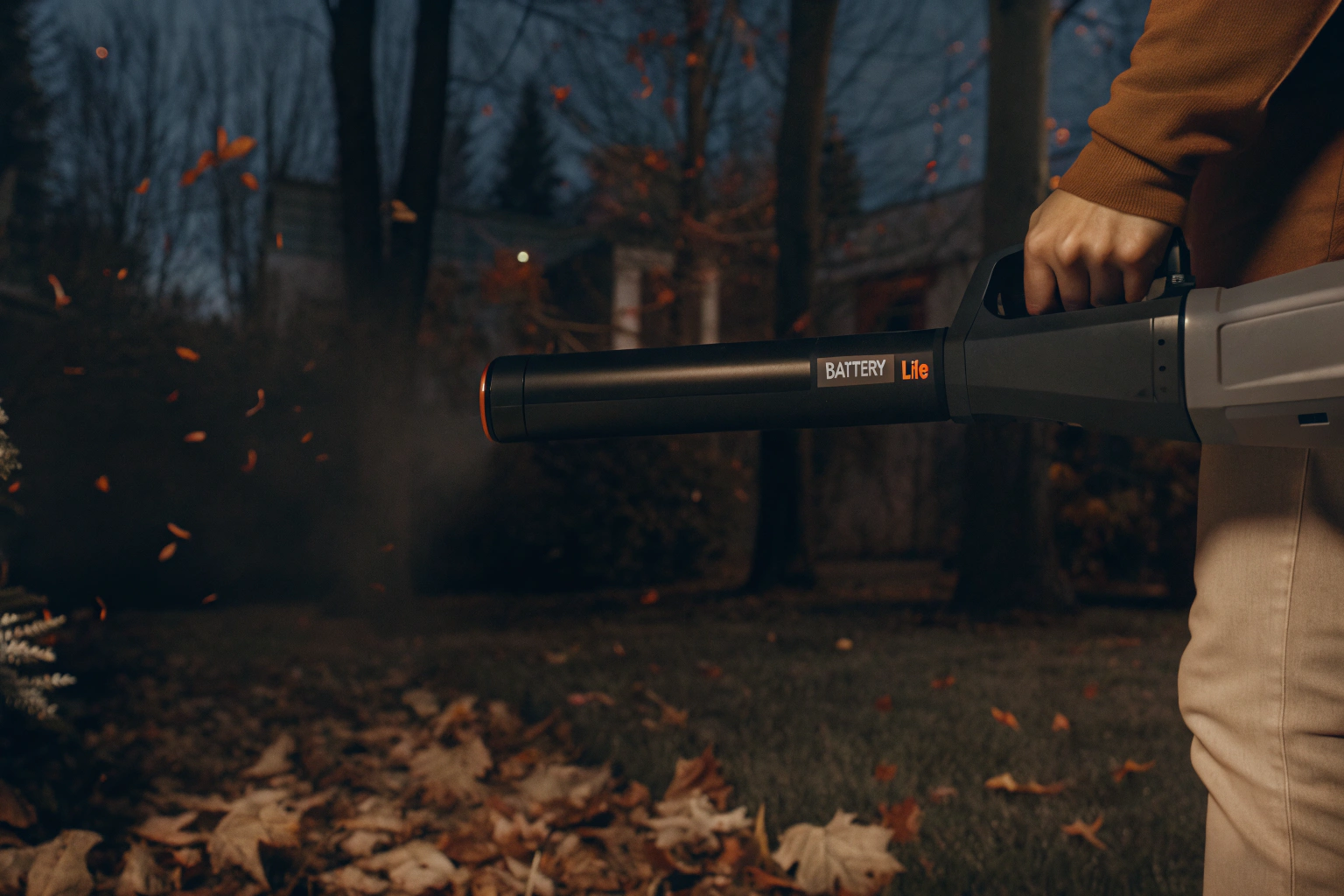
Factors Affecting Battery Life
- Battery Voltage & Capacity – Higher voltage (40V-80V) and amp-hour (Ah) ratings mean longer runtime.
- Power Settings – Using a blower on high power drains the battery faster.
- Weather Conditions – Cold temperatures can reduce battery efficiency.
What Is Good Power for a Cordless Blower?
Power determines how effectively a blower can move leaves and debris.
A good cordless blower should have at least 400-600 CFM (Cubic Feet per Minute) and 100-150 MPH (Miles Per Hour) for efficient performance.
Understanding CFM and MPH
| Power Metric | What It Means | Ideal Range |
|---|---|---|
| CFM (Cubic Feet per Minute) | Measures air volume pushed out | 400+ CFM for standard use, 600+ for heavy-duty |
| MPH (Miles Per Hour) | Measures airspeed | 100-150 MPH for good performance |
Are Cordless Leaf Blowers as Powerful as Corded?
Corded blowers provide unlimited runtime, but how do they compare in power?
Cordless leaf blowers have improved significantly and can now match the power of corded models, especially with high-voltage (40V-80V) batteries. However, runtime is still limited.
Corded vs. Cordless Performance
| Feature | Cordless Blower | Corded Blower |
|---|---|---|
| Mobility | High (no cords) | Limited by cord length |
| Power | Can be strong but limited by battery | Consistent high power |
| Runtime | 15-60 minutes per charge | Unlimited |
| Best For | Medium to large yards | Small yards near power outlets |
What Are the Disadvantages of a Blower?
Blowers1 are convenient, but they also come with drawbacks.
Cordless blowers have limited runtime, lower power compared to gas models, and can be less effective on wet leaves or heavy debris.
Common Disadvantages
- Battery Limitations – High-power use drains the battery quickly.
- Noise Levels – Though quieter than gas models, some blowers are still loud.
- Ineffectiveness on Wet Leaves – Dry leaves are easy to blow, but wet ones can stick to surfaces.
What Is a Good CFM for a Cordless Blower?
Choosing the right CFM is essential for efficient performance.
A good CFM for a cordless blower is between 400-600 CFM for standard use and 600+ CFM for heavy-duty tasks.
CFM Requirements for Different Jobs
| Task | Recommended CFM |
|---|---|
| Light Cleaning (Patios, Driveways) | 200-400 CFM |
| Leaf Removal (Small Yards) | 400-600 CFM |
| Heavy-Duty Leaf Blowing (Large Yards, Wet Leaves) | 600+ CFM |
Does a Blower Use a Lot of Electricity?
Since cordless blowers run on batteries, they don’t directly consume electricity while in use.
A cordless blower itself does not use electricity, but charging the battery requires power. A typical battery charge costs only a few cents per session.
Energy Consumption Breakdown
- Charging a 40V battery (5Ah) – Uses about 0.2 kWh per charge.
- Charging Cost – At $0.13/kWh, a full charge costs around $0.02-$0.05.
How Long Does a Ryobi Leaf Blower Last?
Ryobi is a popular brand for cordless power tools, but how long does their blower last?
A Ryobi cordless blower lasts between 15 to 40 minutes per charge, depending on the battery size and power setting. A 40V 5Ah battery provides the longest runtime.
Ryobi Blower Performance
| Battery | Estimated Runtime |
|---|---|
| 18V 4Ah | 10-20 minutes |
| 40V 4Ah | 20-30 minutes |
| 40V 5Ah+ | 30-40 minutes |
Conclusion
Cordless blowers are gaining popularity due to their convenience and improved power. While they may not yet fully replace gas-powered models for the toughest jobs, they are a solid choice for homeowners and professionals looking for mobility and ease of use2.

